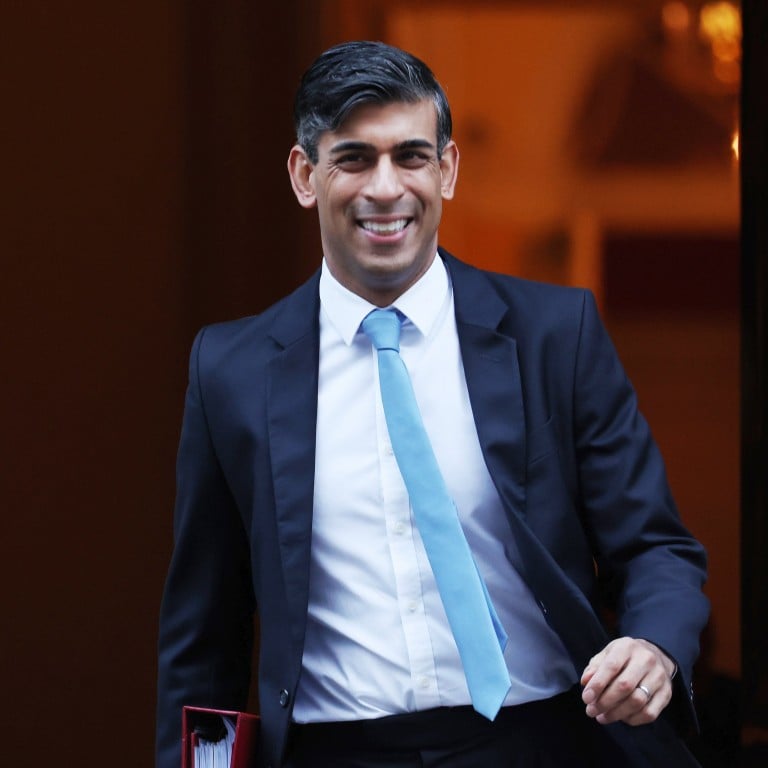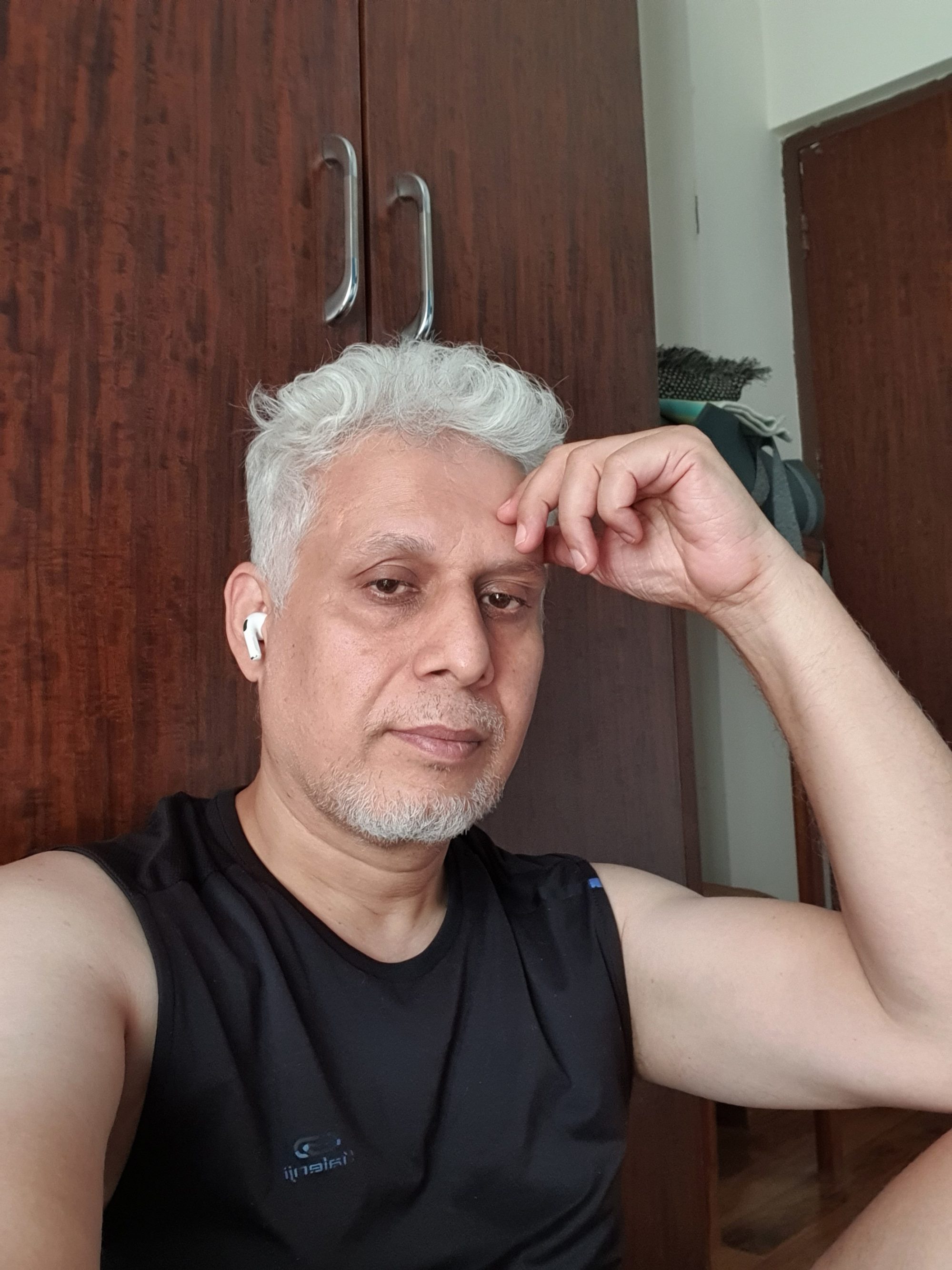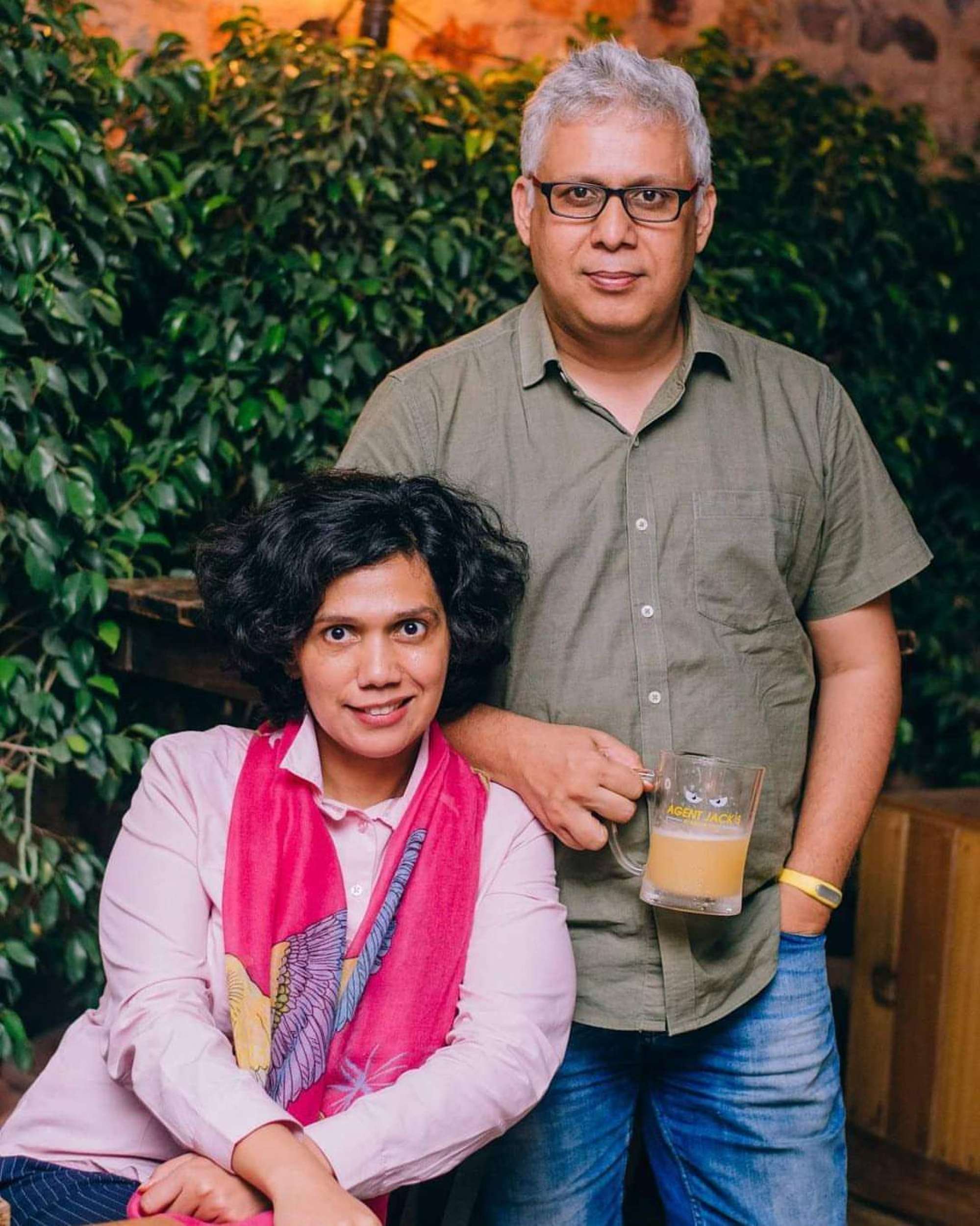
Explainer | The 36-hour monk fast British PM Rishi Sunak practises: a dietitian reveals how it works, and followers praise its physical and mental rewards
- An end to cravings, weight loss, better sleep and digestion, more focus and mental clarity from not eating for 36 hours increase well-being, the diet’s fans say
- ‘When you are weakened physically, your spirit is made stronger,’ says a powerlifter and bodybuilder who follows the 36-hour monk fast
What do the British prime minister, an Indian creative agency founder, a software professional in Denmark, and an American salon manager have in common? They all regularly follow the 36-hour monk fast.
The weekly detox ritual of British Prime Minister Rishi Sunak, a 43-year-old father of two and a teetotaller, has gained attention after a recent media report. His regimen, known as the monk fast, includes a Sunday evening to Tuesday morning fast to balance indulging his sweet tooth during the rest of the week.
Like the British leader, several health and wellness enthusiasts are drawn to the monk fast for its physical benefits – and its mental and spiritual rewards.
Reportedly developed by the online community WeFast, which provides advice on intermittent fasting, the monk fast permits only water and calorie-free drinks such as black coffee or tea over 36 hours.
The health benefits of drinking enough water and how much you should drink
Advocates and some studies suggest that, along with exercise, it can help with weight loss; activate autophagy, the process which removes damaged cells and encourages regeneration of healthy ones; regulate hormones; and enhance focus and mental clarity.
The diet was inspired by monks, who regularly fasted to strengthen their spiritual resolve and self-control.

New Delhi-based creative agency founder Manish Bhatt, 49, has tried various fasting formats over the past five years, incorporating a weekly monk fast since 2020.
“When I fasted longer than 24 hours, fasting got a little easier, curbing my cravings, and rebooting my resolve and discipline,” he says.
Keto for beginners: how it works, what you can and cannot eat
Registered dietitian Sally Poon Shi-po, founder of Hong Kong-based nutritional consultancy Personal Dietitian, describes how we respond during a 36-hour fast.
The body uses glycogen – a complex stored form of glucose derived from carbohydrates – as its first source of energy, and reserves start to diminish within 24 to 36 hours.
“As glycogen stores run out, the body transitions into a state of ketosis, where it burns fat for fuel, producing ketone bodies as an alternative energy source.”

Extended fasting can induce autophagy, which is believed to contribute to cellular repair and may stave off ageing and prevent disease, she says.
Beyond the physical benefits, followers of the monk fast are drawn to the discipline and mindfulness it brings.

“Fasting can be uncomfortable because your body tells you that ‘something’s wrong, you need to eat soon’, and one must respond with: ‘no, everything is under control’,” says software engineer Damon Vestervand, 43, in the fishing and surfing village of Klitmøller in Denmark.
The monk fast, Vestervand says, forces him to be present with his impatience and cravings to overcome them, and motivates him to eat mindfully the rest of the time.
Fasting requires one to calm down. My ability to focus increases, and I become immune to mood swings
Fasting features prominently in many religions to strengthen spiritual discipline.
“I started fasting for a spiritual breakthrough in my life and because the Bible tells us to fast,” says salon manager Rachel Herrington, 37, in Ozark, in the US state of Missouri.
“When you are weakened physically, your spirit is made stronger.”

She has done a weekly monk fast and a monthly three-day, water-only fast for the last 18 months. Physically, it has benefited her as a powerlifter and bodybuilder.
Bhatt started fasting to lose weight, but continued for the mental and psychological benefits he experienced, especially with longer fasts. Once he settled into his fasting pattern, he started feeling calmer.
“Fasting requires one to calm down. My ability to focus increases, and I become immune to mood swings, something I used to struggle with.”

“Some individuals report increased mental clarity and cognitive function during extended fasts, although this can vary widely,” says Poon.
It also triggers mindfulness as people become more attuned to their body’s hunger signals.
Try mindful eating – and enjoy a better relationship with food
“Pay attention to how your body reacts to the first foods you reintroduce. If you experience any discomfort, you may want to adjust what you eat after fasting.”
No rice or noodles? How to enjoy Asian food on the keto diet in Hong Kong
Planning your fasting period is important.
“I typically do my monk fast from Sunday night to Tuesday morning. Mondays tend to be chaotic enough that skipping meals can be easy. Monday night is tough, so find something to be occupied with and Tuesday morning can come pretty fast,” says Vestervand.
The discipline needed for a monk fast must be applied the rest of the time as well.
“As the body adapts, one can easily gain back weight they lost because of ‘feast or famine’ eating,” he says.
Can intermittent fasting protect your brain health? Tips from an expert
There will be some discomfort, like headaches and fatigue, particularly when new to fasting.
“Monitor your health, and if you experience adverse effects, consider stopping the fast,” says Poon. If on medication, consult your doctor as fasting can affect the metabolisation and absorption of drugs.
“Always prioritise your well-being and consult professionals when making significant changes to your diet,” says Poon.

